Communal Property Recycling
Recycling in communal properties is easy as 1,2,3.
- Separate your food waste using the food caddy provided. Keep your recycling in a bag for life
- Take to the bin store and put into the dedicated food container or dry recycling bin
- Relax as we do the rest
We will be delivering food caddies to your property over the next few months. If you have had one and lost it, you can order your replacement food caddy on our website.
You can line the food caddy with paper or a compostable bag, which you can buy from supermarkets or online. Do not use a plastic bag as they do not compost and will contaminate the food waste.
Many residents use a 'bag for life' to store and carry their recycling items to the bin store. Please make sure everything is clean and no food waste remains.
Download our recycling and food waste guide [pdf] 551KB . This could be put on your fridge or kitchen notice board as a helpful reminder of how to dispose of these items correctly.
What items can be recycled?
Food waste
+ Please place these items in the food waste bin
| Meat, fish and bones | |
| Leftovers from meals | |
| Fruit and veg, including peelings | |
| Dairy products | |
| Bread, pasta, pulses and rice | |
| Teabags and coffee grounds | |
| Solid butter and lards | |
| Eggshells | |
| Foods past their sell by date | |
+ Please do not place these items the food waste bin
| Plastic bags | |
| Liquids or oils | |
| Any packaging | |
| Pet waste or litter | |
| Garden recycling or clippings | |
| Any recycling or household general waste (refuse) | |
Recycling
+ Please put these items in the recycling bin
| Paper, magazines, cardboard, shredded paper, phone directories, catalogues and greetings cards | |
| Paper or plastic egg boxes | |
| Plastic bottles, tubs and containers | |
| Yoghurt pots | |
| Food and drink cartons | |
| Clear plastic meat trays, clear plastic fruit/veg punnets | |
| Tins and cans, including sweet and biscuit tins | |
| Kitchen foil and foil trays | |
| Glass bottles and jars | |
| Bottle caps and tops | |
| Empty aerosol cans | |
Please flatten cardboard boxes and plastic bottles to create more space.
Please rinse clean to avoid food waste in your recycling. Food waste in the recycling causes contamination and means the container cannot be recycled.
+ Please do not place these items in the recycling bin
| Food waste | |
| Nappies | |
| Clothing, shoes or other textiles | |
| Garden recycling | |
| Batteries | |
| Polystyrene | |
| Electrical items | |
| Light bulbs | |
| Soft plastic such as bread bags, crisp packets, carrier bags, polythene and cling film | |
| General waste (refuse) | |
Do I have to recycle?
We should all recycle our waste, there's no such thing as not producing enough to make it worth it. If you don't recycle, your waste goes on to be incinerated and not reused. There is limited capacity in the bin store for non-recyclable waste (general waste), so these bins will soon fill up if you don't recycle, which could make the bin store unpleasant.
What happens if the wrong items are put in the recycling or food waste bin?
Unfortunately, if these bins are contaminated, we will have to empty them as general (refuse) waste. The cost of this will be passed back to residents in the communal property via your managing agent.
+ What happens to recycling?
The recycling is taken to a facility in Kent where it is sorted into glass, paper, plastic and cans. These items are then taken to a reprocessing facility and made into new things.
Check out the video below from Kent County Council to see how paper and card is recycled at the paper mill.
+ What happens to the food waste collected?
Food waste is taken to a plant in Kent, where it is treated by anaerobic digestion. This creates biogas and fertiliser. The biogas is used to power the National Grid and the fertiliser is used by farmers in Kent.
Check out this video from Kent County Council showing from your kitchen to fertiliser.
General waste (refuse)
Please ensure all general waste, especially sanitary waste or nappies are put in a bag before they are placed in the general waste (refuse) bin. You can use black bin bags for general waste.
+ Please place these items in the general waste/refuse bin
Dispose of any waste that does not go into the recycling or food waste bin. This includes:
| Dirty paper towels | |
| Floppy plastic, such as bread bags, crisp packets, carrier bags, polythene, cling film | |
| Cotton wool | |
| Used tissues | |
| Sanitary products | |
| Cotton buds | |
| Toothbrushes and toothpaste tubes | |
| Nappies | |
| CDs, DVDs and VHS | |
| Small quantities of broken glass such as wine glasses, glass dishes, mirrors and vases | |
| Dead animals (gifts from your pets) and pet waste | |
+ Please do not place these items in the general waste/refuse bin
| Electrical items | |
| Batteries | |
| Builders' waste | |
| Paint tins | |
| Hazardous materials | |
| Clinical waste and needles | |
| Garden waste | |
Large items
If you have large items that you need collected, such as a mattress, table or white goods, you can book a large item collection.
Please do not leave these in the bin store unless you have organised a collection. If we have to remove these, we recharge the Managing Agent, who will pass this cost on to the residents of the communal property.
+ Small electrical (WEEE) items and batteries
Dead batteries, discarded electrical items and vapes can cause serious fires if they are thrown away in your general waste (refuse) or recycling bins. When this happens they are likely to be squashed, compacted, punctured or soaked in liquid, which can cause them to get very hot and ignite, resulting in fires that cause damage and disruption to your waste service but also put waste collection crews lives at risk.
To dispose of your small electrical items and batteries you can take them to many retailers, supermarkets and charities for either recycling or donating. You can find where near you on the Recycle Your Electricals website.
Alternatively you can take them to any Household Waste Recycling Centre in Kent, you can find where they are located on the Kent County Council website.






